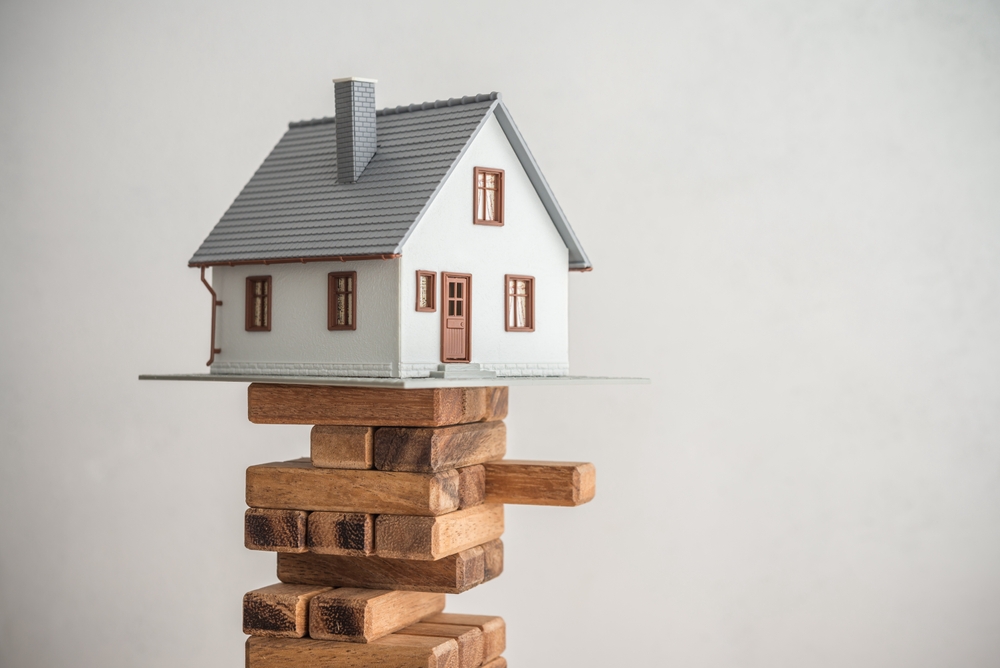What Determines Home Value: Market Trends & Key Factors
Home value reflects what a residential property is worth and influences decisions by buyers, sellers, homeowners, and investors. Learn how market trends, property condition, assessments, and professional valuations shape property value. Discover tools and practical upgrades to boost worth and make smarter real estate choices.

Understanding the worth of a home is essential whether you plan to buy, sell, refinance, or invest. Home value is shaped by a mix of market conditions, the physical state of the property, legal and tax assessments, and expert analysis. This guide breaks down the main drivers of property value and the tools available to estimate and enhance it.
How the housing market shapes property values
Home values rise and fall with the balance between demand and supply. When many buyers compete for a limited number of homes, prices typically climb as bidding pressure increases. Conversely, when inventory is abundant and buyer interest wanes, prices can level off or drop. Broader economic variables also have an outsized impact: mortgage interest rates affect affordability, employment levels influence buyer confidence, and overall economic growth sets the tone for housing demand. Local factors — such as new employers moving into an area, infrastructure projects, or zoning changes — can amplify or counteract national trends. Monitoring these dynamics helps buyers and sellers time decisions and set realistic price expectations.
The role of property assessments and how they differ from market value
Local governments perform property assessments primarily to calculate property taxes. Assessors evaluate lot size, square footage, building age, condition, and recent comparable sales to arrive at an assessed value. While useful as a reference point, assessed values are not always synced with current market prices because assessment cycles and valuation methods vary by jurisdiction. Homeowners should compare assessed values with recent market activity and professional estimates to understand where their property stands relative to current buyer sentiment.
Practical ways homeowners can increase their property value
There are several strategies homeowners can use to boost a property’s appeal and value:
- Targeted renovations: Upgrading kitchens and bathrooms tends to deliver strong returns because buyers often prioritize these rooms. Modern finishes, energy-efficient appliances, and practical layouts matter more than luxury-only upgrades.
- Energy and systems improvements: Adding insulation, replacing windows, upgrading HVAC systems, or installing a tankless water heater can improve energy efficiency and reduce operating costs — a selling point for many buyers.
- Routine maintenance: Addressing deferred repairs, keeping roofing and siding in good shape, and ensuring plumbing and electrical systems are safe preserves value and removes buyer objections.
- Curb appeal: Landscaping, exterior paint, and a well-maintained entryway create a positive first impression and can influence perceived value.
Not every improvement yields equal returns. Research local buyer preferences and consult with a real estate professional to prioritize projects that align with market expectations.
Tools and resources for estimating home value
A range of resources exists to help homeowners estimate value, from automated online tools to professional services:
- Automated Valuation Models (AVMs): Websites like Zillow, Redfin, and Realtor.com use algorithms and public data to produce instant estimates. They are convenient and free but can be inaccurate when unique property features or rapid market shifts exist.
- Comparative Market Analysis (CMA): A real estate agent compiles a CMA using recent sales of similar nearby properties and adjusts for differences in size, condition, and features. CMAs provide more localized insight and are often offered at little or no cost as part of agent services.
- Professional appraisal: A licensed appraiser conducts an in-person inspection and prepares a formal report using accepted valuation methods. Appraisals are the most rigorous option and are typically required by lenders.
Treat online estimates as starting points. For transactions or major financial decisions, lean on CMAs or appraisals for greater accuracy.
How professionals determine value: common valuation approaches
Real estate professionals use several established approaches when valuing property:
- Comparative market analysis (CMA): The most commonly used method for residential sales, it examines recent sales of comparable homes and adjusts for differences. Local market knowledge is essential for accurate adjustments.
- Cost approach: This estimates how much it would cost to replace the home (land excluded), subtracting depreciation. It’s useful for new builds or unique properties where comparables are scarce.
- Income approach: Primarily used for investment properties, this method values a property based on its potential rental income and return expectations.
Appraisers may combine these approaches depending on the property type, the availability of comparable sales, and the purpose of the valuation. Their on-site inspection and familiarity with local nuances typically produce more reliable values than automated models alone.
| Method | Typical Provider | Key Features | Cost Estimate |
|---|---|---|---|
| Automated Valuation Model (AVM) | Zillow, Redfin, Realtor.com | Instant online estimates, broad data coverage | Free |
| Comparative Market Analysis (CMA) | Local real estate agent | Tailored analysis, local market expertise | Often free (may be provided to potential clients) |
| Professional Appraisal | Licensed appraiser | In-depth inspection, formal report | $300–$600 on average |
| Home Value Tool | Redfin | Uses MLS data, frequently updated | Free |
| Property Assessment | Local government | Official valuation for tax calculation | Included in property taxes |
Prices, rates, or cost estimates mentioned in this article are based on the latest available information but may change over time. Independent research is advised before making financial decisions.
Bringing it together: making informed real estate decisions
Understanding home value requires looking at both macro-level market forces and micro-level property details. Use online tools for quick checks, seek CMAs for market-aligned pricing guidance, and obtain an appraisal when you need a formal valuation. If you want to increase your home’s worth, focus on cost-effective improvements that matter to buyers in your neighborhood and keep systems well maintained. Ultimately, a home’s true value is what a buyer is willing to pay in the current market, so combine data with professional insight to make well-informed choices.






